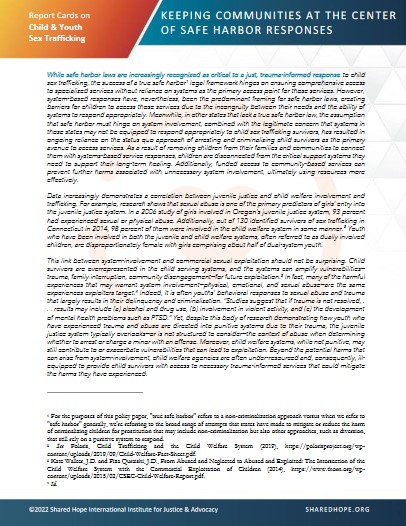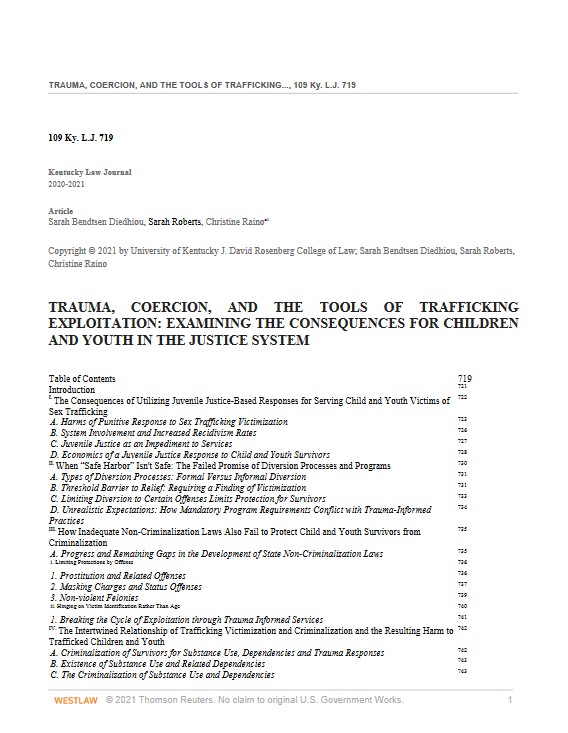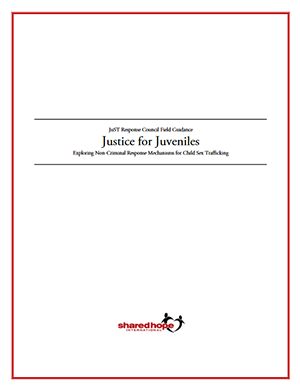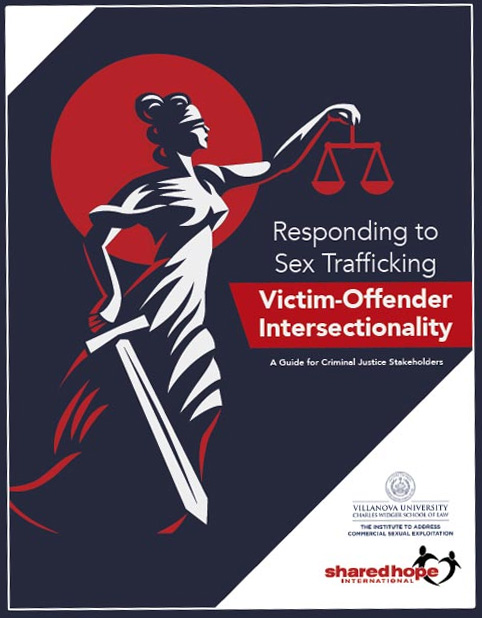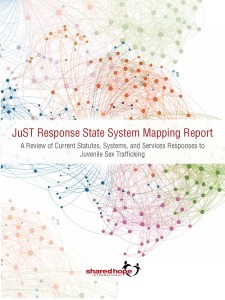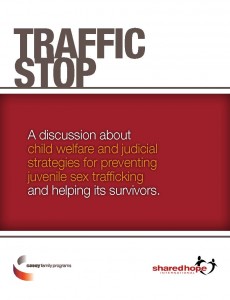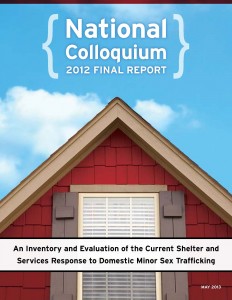Safe Harbor Law and Policy
Roadmap Report
(2025)This report examines opportunities to interrupt entry points into systems and strengthen the provision and accessibility of community-based services for children and youth at risk of, or impacted by, trafficking. Guidance is offered.
Community-Based Services White Paper
(2022) This white paper discusses the importance of providing comprehensive, trauma-informed services to all child sex trafficking victims, regardless of system-involvement.
TRAUMA, COERCION, AND THE TOOLS OF TRAFFICKING
EXPLOITATION: EXAMINING THE CONSEQUENCES FOR CHILDREN
AND YOUTH IN THE JUSTICE SYSTEM
(2021) Kentucky Law Journal Article
Protective Response Model
(2016) A protective response model to juvenile sex trafficking encompasses state and federal statutes, system protocol and implementation, access to available service and community resources, and outcome measurements.
JuST Response Policy Paper: Non-Criminalization of Juvenile Sex Trafficking Victims
(2016) Discussing the social and legal importance of ending criminalization of minors for prostitution offenses.


